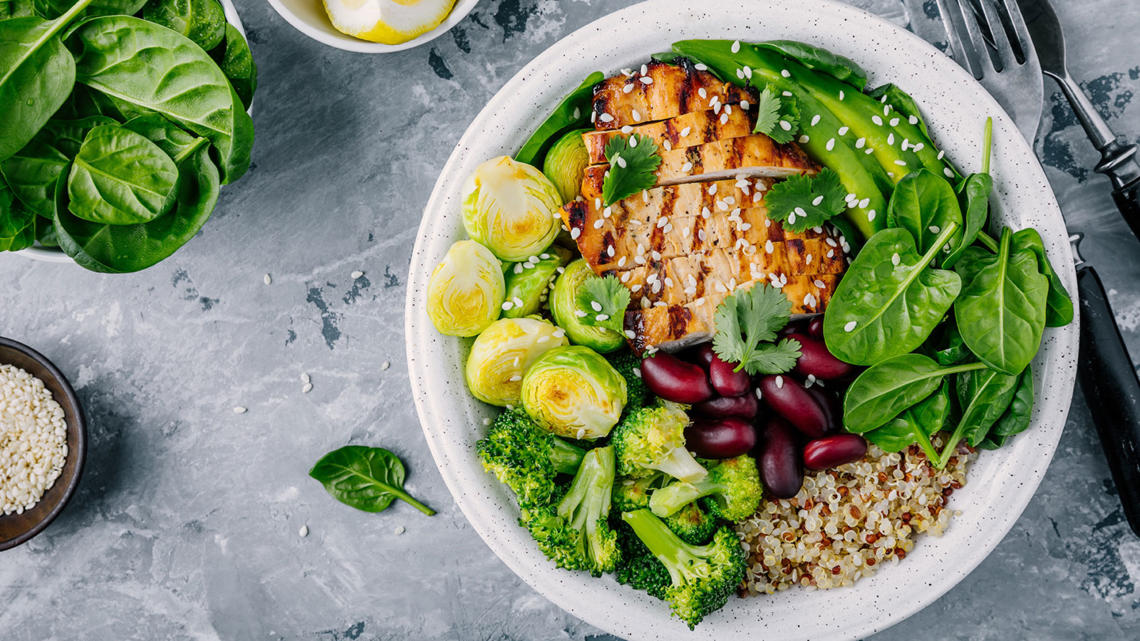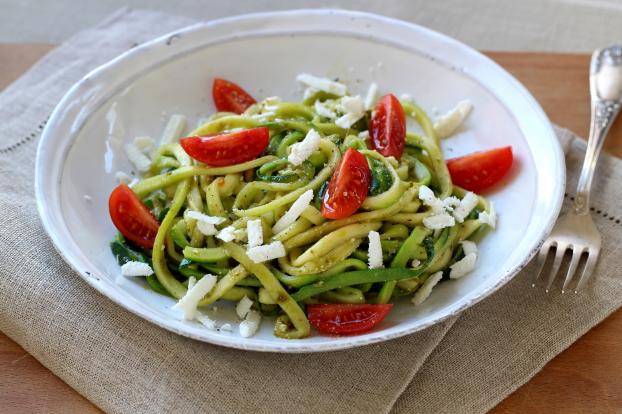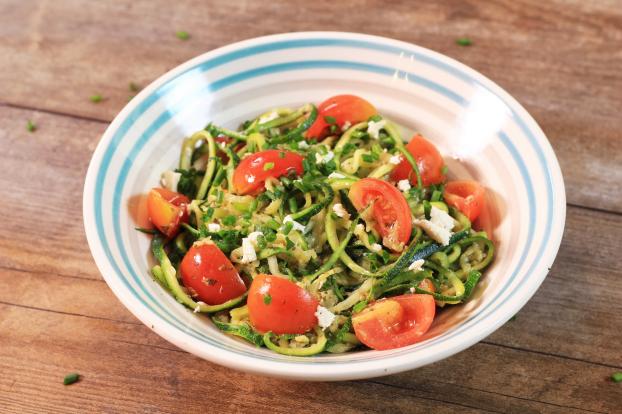— It is Damian from Marketing Food Online. I’ve got another video this evening, this one is going to be specifically aimed towards farmers markets. If you have never sold locally at a farmers market or you are starting a cottage kitchen and you’re producing any food at home, and you are looking to attend local farmers markets, I have five tips.
Five ways to make it a success. When I started my business with my wife, we did the farmers markets as well, locally. We also did festivals and we did quite a few places. We even did some volunteering, we donated some stuff to charities, which is another video. A great way to also locally get yourself out there is to donate your product and your time to charities.
It’s a great free way that you can get some notoriety and then get out there, people are aware of what you do. Hand out some business cards and let the locals know you are there. Five tips, five ways to have a successful farmers market. Really quick, I am going to tell you a horror story.
It is a story about the first farmers market that me and wife went to which was atrocious. It was not a successful event, it was a learning experience. Oh my gosh, that was horrible. My wife and I took, we had our brick and mortar, our retail bakery, our Italian bakery, and we got invited to an event which turned out to be one of the worst experiences of food sales that I’ve ever had.

The way it broke down is, this was the first one we went to, I wasn’t sure of how to set up things, I wasn’t sure about when to set up things. And a few other questions that weren’t answered exactly the way that we thought prior to attending this event. So, what we took from it was the five things I will show you, as we learn from experience. We went there and realized we brought all our cookies, we did a lot of cookies.
We had some prepackaged cookies and we brought some samples and brought those in containers, display cases, but didn’t realize that it was in the middle of summer and there was an enormous amount of flies that would be attending this farmers market as well. So, long story short, you can put two and two together and realize that sampling cookies with no covering on them was something that we should have not done.
But, the flies did enjoy the cookies. Most of the people that were there did not. So, five things that I learned from the flies. Number one, farmers markets, you gotta understand something, they are different everywhere. There’s a lot of different things you need to think about or look into and ask the farmers market in particular, about the following. The first thing out back, is do some market research.

Check out the farmers market itself. If you want to attend a local farmers market, go to it and see what they have. Here’s why, there are a lot of farmers markets that are set up for vegetables, fruits and produce. They have a lot of local growers that bring produce to the farmers markets. They are not necessarily set up for candy makers, let’s say. Or if you make breads or if you have cookies.
Whatever it is that you are allowed to make within your cottage kitchen within your state. Every farmers market is not a fit for what you do. So, you need to know that. Some farmers markets actually restrict the type of food or items being brought in. So, you wanna check that out. Go to the people who are doing the production end of it, who are producing the farmers market, who put it on, who manages it.
Ask them specifically, say, «Hey, this is what I make. «Do you think this is something that will sell good here?» Because, a lot of times, some farmers markets, like I mentioned, would be set up just for produce. So customers coming to visit, coming to those farmers markets are not looking for cookies, candies, breads, baked goods, jams and jellies.

They may just be there for fresh produce. Why do I say that? Is because some farmers markets will be set up and their gonna have 20 booths of produce and you’re gonna be the only there with baked goods. And nobody’s there expecting that you’re gonna be there, so your sales may be zero or nothing And then, in a lot of cases, farmers markets charge fees to get in.
Not only do they charge fees to get in but then they’ll charge you a percentage based on what you sell once your there. These are things you may not think about. So, do your research, check it out first. Number one, research. Research, find out what is going in there, what is selling, what kind of stuff can you sell. Because they can restrict, they can tell you yes or no based on what they want to.

They are governed, by the way. Just like, you know, farmers markets are, there are certain aspects of farmers markets that are actually governed by local laws and state laws. But, there are rules and regulations that the farmers market has the right to set up. And they can dictate whatever those might be as far as fees, percentages of what you sell, how big your booth is, what you can sell, what you can’t sell.
These are all different things to think about, okay. So do your research first. Find out first. The next one, actually, I just covered two of the five which was actually that farmers markets set up their own rules and policies. When they do that, keep in mind that they will tell you the type of booth that you can have, the size of the booth, when to be there, what time you have to take everything down.
You gotta shut down your shop. If they close at seven, you gotta be out by eight. People who own farmers markets own that actual land that it’s on, their going to regulate to you what the rules are as far as participating in those. Expect that in some cases… they have their own rules. And in some cases those rules may involve a $50 fee.
Some I’ve seen in certain states go up to several hundred dollars to get in. But, in those farmers markets their gonna tell you, «Well, the traffics gonna be 20,000 people.» So if you’ve got a $500 fee and you have the potential to sell to 20,000 people, you’re gonna make that money back. What you also want to know is your product.

I know you may make a face at that and say, «What does that mean?» Know what your product is like the back of your hand. If I make cookies and I’m gonna go to a farmers market and they have about 50 booths set up, and there’s four people selling cookies, the likelihood that you should go to that farmers market, in my opinion, is zero.
Do not do that. Know your product. If your product is a baked good and there are seven people selling a similar baked good, chances are that your sales are going to be extremely low. Find farmers markets and you can ask this. You can tell the people who manage it, say, «Look, this is what I make.
«How many of your vendors are actually selling a product «like mine or even is exactly like mine?» If you’re selling a baked good product, now I don’t want to deter you from what I just said, I do want to explain this to you. If your selling a baked good product and let’s say it’s a cookie. Now, there are five other vendors selling baked goods, but there breads, scones, things that are not like your product, thumbs up. Do it, go for it.
